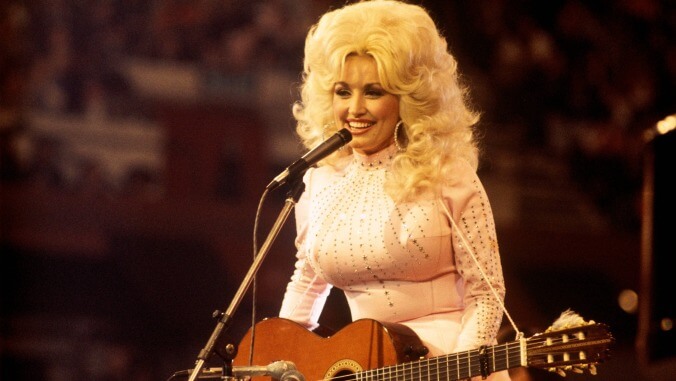Dolly Parton maintains that she never wants to be cloned
Just because they named a clone after her does not mean that she would like to be cloned herself.
Photo: David Redfern/Getty Images
British outlet The Guardian runs a fun series called “The Reader Interview,” where their readers submit questions in advance for the famous people who eventually grace The Guardian’s pages. Granted, it’s not an idea that is wholly unique to them, but it often does generate some very fun responses from its guests, like last week, when Isabelle Huppert claimed she never learned anything from anyone, or when Nelly Furtado recalled her speakers exploding while recording “Maneater.” Or today, when Dolly Parton revealed that she never wants to be cloned.

 Keep scrolling for more great stories from A.V. Club.
Keep scrolling for more great stories from A.V. Club.